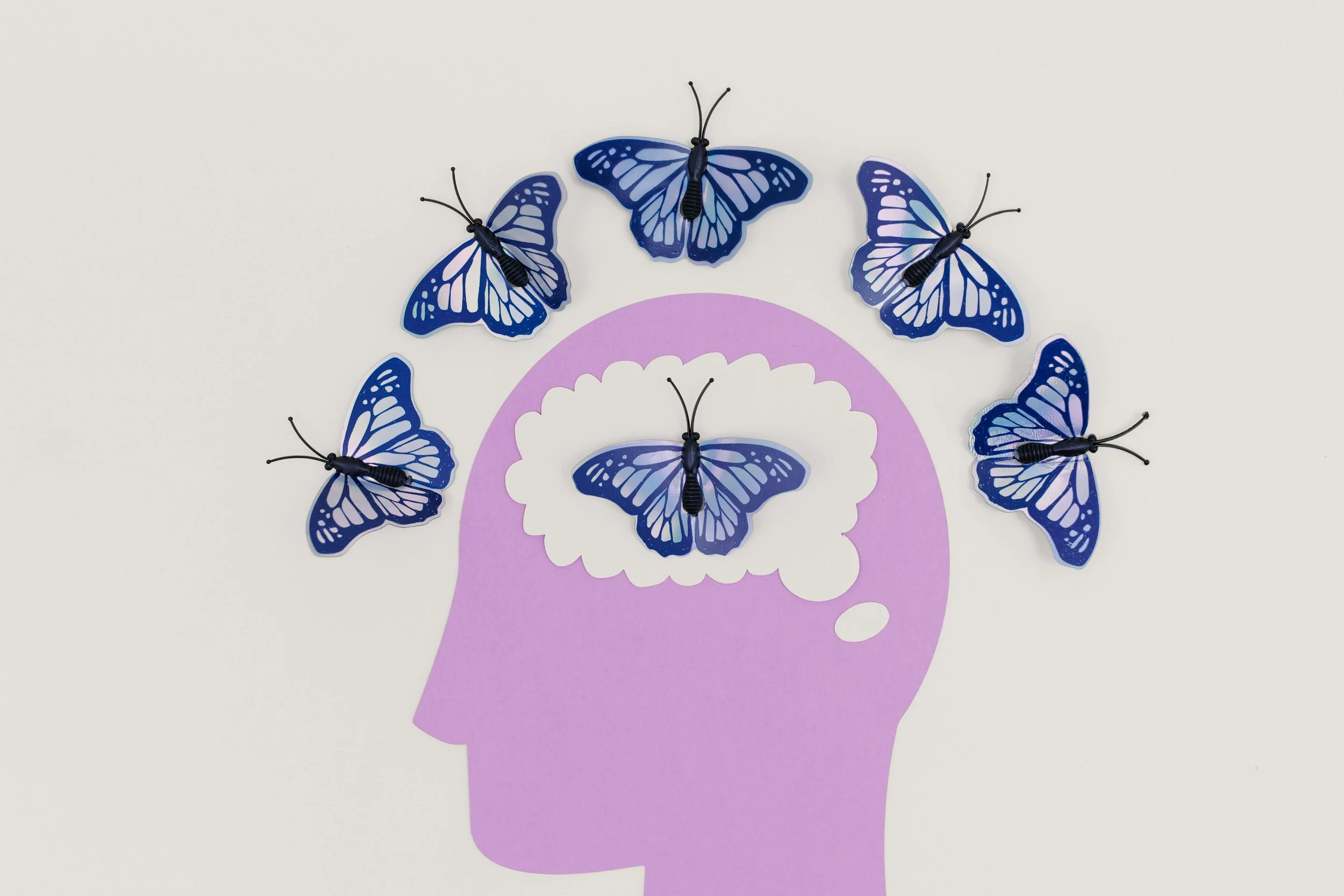How Learning a Language Can Enhance Cognitive Abilities
Learning a new language is more than just acquiring a practical skill—it’s a powerful way to enhance brain health and cognitive abilities. By engaging in tasks such as mastering grammar rules, expanding vocabulary, and improving pronunciation, language learners activate multiple brain regions, leading to improvements in memory, attention, critical thinking, and problem-solving skills.
Language Learning and Brain Function
Research supports the idea that learning a language strengthens the brain’s structure and function. For example, studies indicate that bilingual individuals often perform better at multitasking and maintaining focus compared to monolinguals (Bialystok et al., 2004). This advantage stems from enhanced neuroplasticity, the brain’s capacity to adapt and form new neural connections in response to learning and experience (Li et al., 2014).
Neuroplasticity improves not only language proficiency but also the ability to tackle challenges across different domains, such as decision-making and creativity. The process of switching between languages, for example, trains the brain to prioritize and manage competing information efficiently, sharpening cognitive flexibility (Kroll & Bialystok, 2013).
Benefits Beyond Childhood
Language learning is often associated with children, but adults stand to gain equally—if not more—from the cognitive benefits. Studies reveal that acquiring a new language can delay the onset of cognitive decline and may even reduce the risk of conditions such as Alzheimer’s and dementia (Craik et al., 2010). Learning languages as an adult provides a mental workout that keeps the brain active and resilient against age-related decline.
Moreover, language learning encourages lifelong learning, fostering curiosity and open-mindedness. Whether you’re studying Arabic, perfecting your French, or tackling any other language, the cognitive stimulation involved nurtures personal and intellectual growth.
A Path to Better Cognitive Health
The cognitive benefits of language learning extend far beyond linguistic skills. Each new word, grammatical structure, and cultural nuance strengthens your mental agility. From enhancing memory and problem-solving abilities to protecting against cognitive decline, language learning is a step toward a healthier, more adaptable brain.
So, take the leap—explore a new language and embrace the journey of building not only linguistic proficiency but also better cognitive health. As the evidence shows, it’s never too late to give your brain the workout it deserves.
Did you know?
Bilingual individuals show increased gray matter density in brain regions associated with language, memory, and attention, such as the left inferior parietal cortex. This structural change reflects the brain’s adaptability and cognitive enhancements due to language learning.
